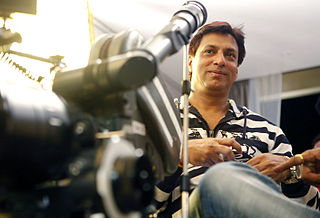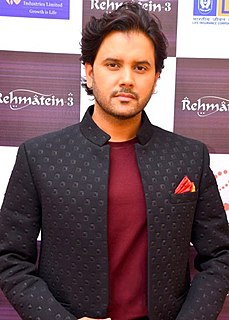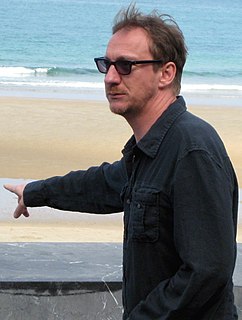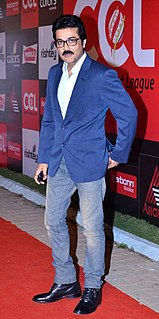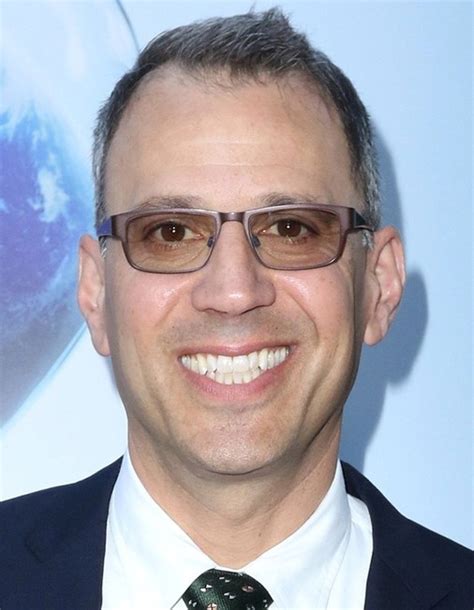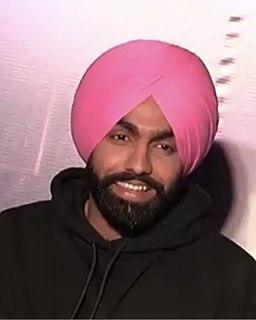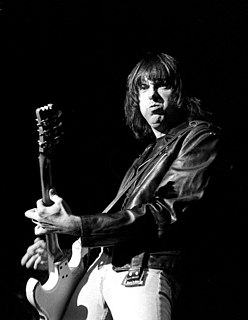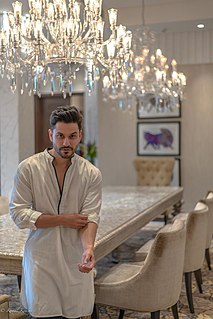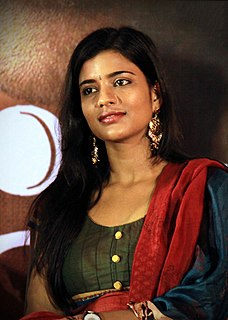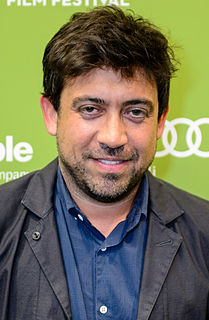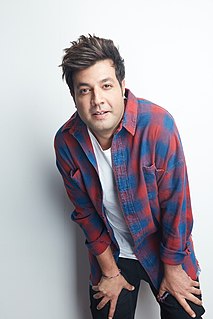A Quote by Madhur Bhandarkar
After 'Chandni Bar' there was a shutdown of such bars in Mumbai. After 'Page 3' people started avoiding such events. 'Traffic Signal' exposed the money flow through the mafia. I'm not apologetic about the brutal truth in my films. Almost 70% of my films are based on reality, and 30% I fictionalize or change to suit my film.
Related Quotes
We make movies about remarkable people like President Mohamed Nasheed of the Maldives in "The Island President" and Al Gore in the film, who get up every day and are driven in an almost inhuman way to make a change in a problem that they see in the world and shine truth into a very dark arena where bad actors try to lie to the American public to gain profits for fossil fuel companies. To us, that's a natural drama. And that's primarily where we work - character-based films that we hope will bring issues to life through their stories.
